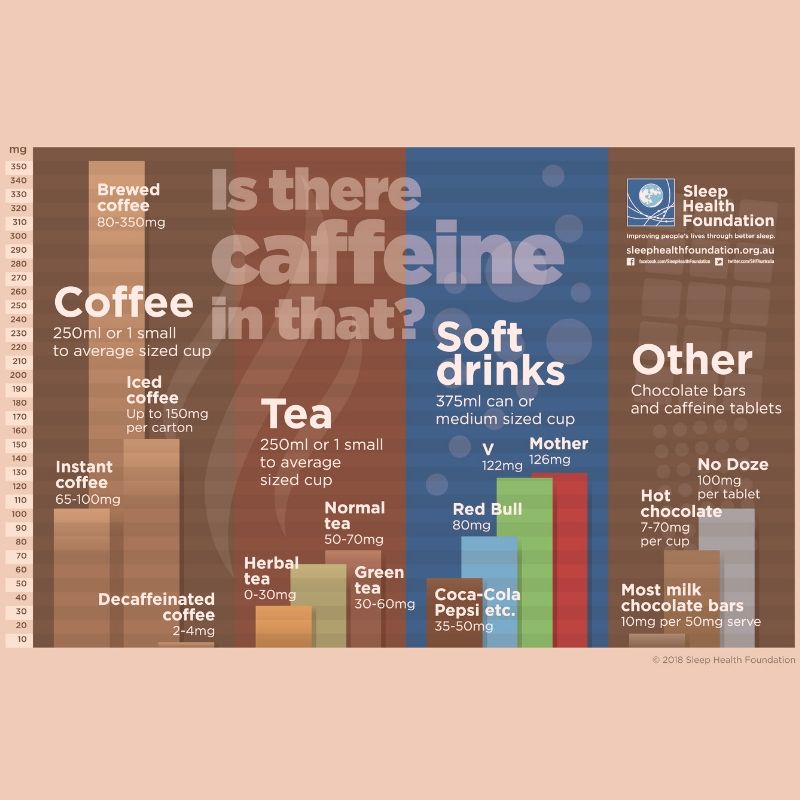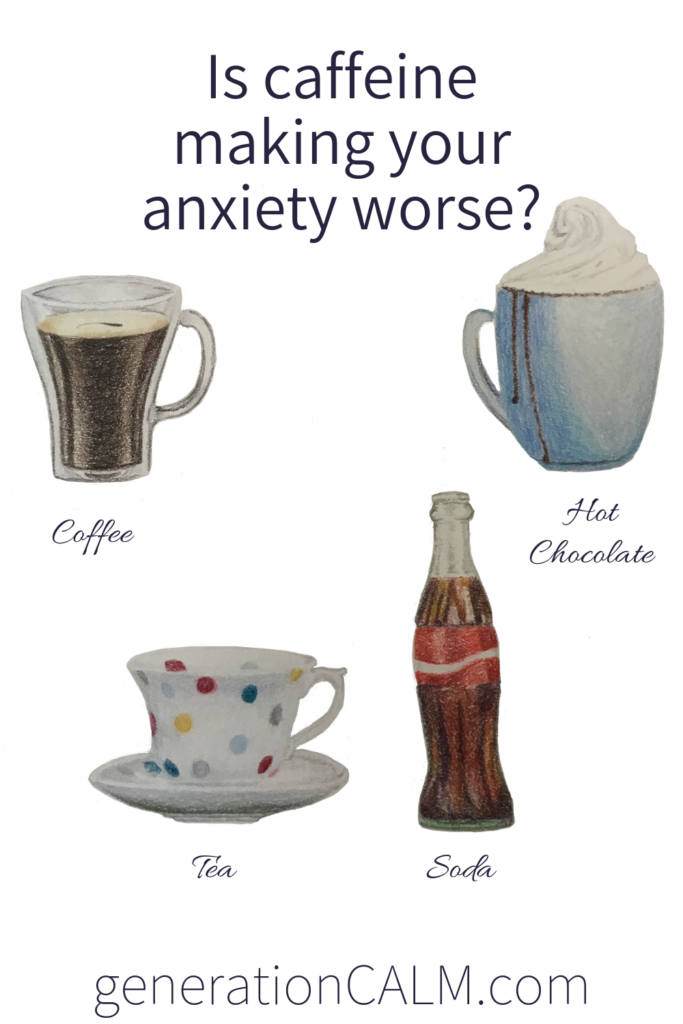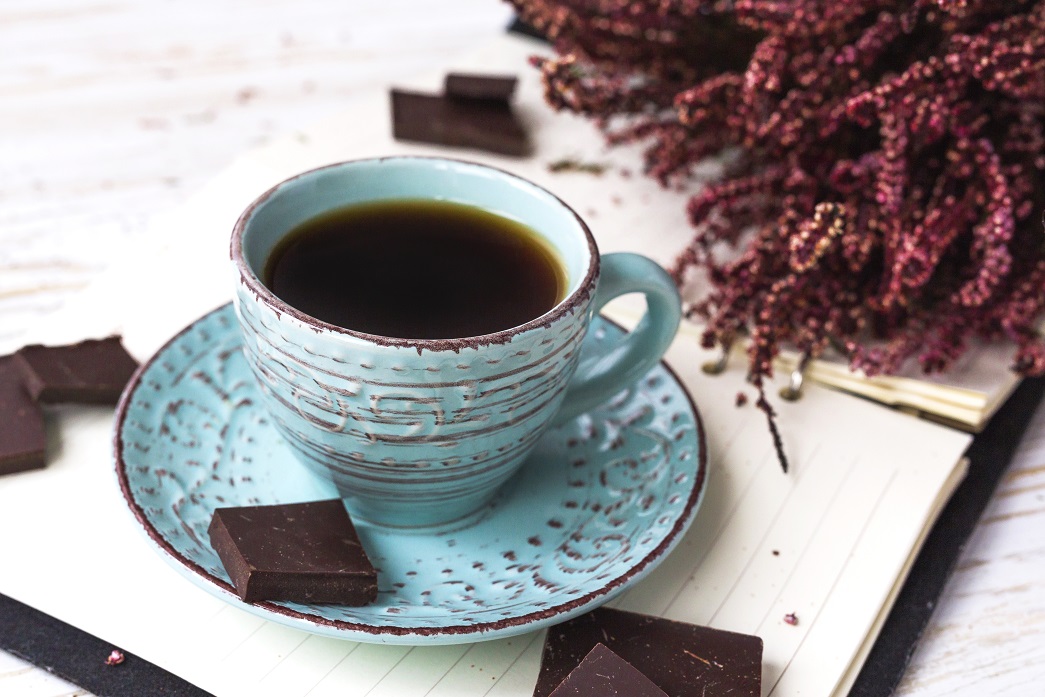Coffee and Anxiety: Is Caffeine Causing Your Anxiety?
This article will show you how coffee could be causing your anxiety. So often when working with clients with high levels of anxiety it’s easy to forget there could be physical reasons for the symptoms. Coffee flies under the radar most of the time, because it’s a legal stimulant, but it can cause anxiety for some.
Caffeine and Anxiety
Caffeine is an anxiogenic drug. That means too much can cause anxiety. What it actually does is simulate the same sensations you get when you feel anxious such as heart racing, shaking, racing thoughts, restlessness, dizziness, nausea etc. Caffeine excites the brain cells, which tells your hormone center that there is an emergency and it pumps out adrenaline which is exactly what happens when you have anxiety. You may already be familiar with those jittery feelings when you’ve had too much coffee.
Why is this important to know? Well, coffee is going through a revival of sorts. It’s being lauded for its health benefits and disease prevention. It was after reading about coffee’s possible memory-enhancing effects that I finally took my first sip in my 30’s.
But if you’re someone who has anxiety, then looking at your caffeine consumption should be your first port of call.

Caffeine is naturally occurring in coffee, tea, chocolate, cocoa and yes, even when it’s been decaffeinated. But it is also added to soda, headache medications, cold remedies and energy drinks. There is a list here of the amount of caffeine in your favorite food and beverages from The Center for Science in the Public Interest.
The Food & Drug Administration in American (FDA) suggests that 400mg caffeine is the safe limit per person per day (approximately 2 cups of coffee). But this is merely a suggestion and doesn’t take into account the differences between people’s body types, size, metabolism, sensitivity to caffeine, anxiety levels and how long you’ve been drinking coffee.
I recommend using the coffee informer coffee overdose calculator, which takes into account your weight and your caffeine sensitivity.
https://www.caffeineinformer.com/coffee-calculator
Being a regular coffee drinker does not mean it will cause anxiety for you. But it might trigger those jittery sensations. And if you have anxiety it’s good to find out if caffeine is the culprit.
Caffeine Addiction
Caffeine is a drug.
Like most drugs, caffeine is addictive. Which means you’ll likely reach for your drink over and over again. Caffeine withdrawal can lead to irritability, fatigue and headaches for a couple of days. And your coffee cravings may also impair your concentration and being able to memorize new information.
This means you need to go slowly when giving up your coffee. Treatment involves gradually drinking less and less and replacing your caffeine laden drinks with other, healthier alternatives. But the good thing is that unlike other drug addictions, caffeine addiction is less severe and you can usually cut back within a week.
Effects of caffeine on sleep quality
It’s not hard to see how an already stressful day can become worse by drinking too much coffee. And then be too buzzed to sleep. And in the morning need another cup of coffee to perk yourself up.
So many sleep deprived individuals grab for a cup of coffee to liven them up, because caffeine naturally makes you feel more alert. But coffee could be the culprit of your lack of sleep particularly if you consume caffeine anytime after 2pm.
Your brain and body naturally become less alert as you wind down for the day, but caffeine will disrupt that natural process. Caffeine can disrupt your natural sleep rhythm with its cortisol effects and ability to disrupt sleep.
Sleep and anxiety go hand in hand. With sleep deprivation causing anxiety and anxiety causing sleep deprivation. Add caffeine to the mix and you’ve got a recipe for disaster. And possibly, your caffeine could be masking a sleep disorder.
What can I do about the effects of coffee and anxiety?
- Become aware of how much caffeine you are consuming on a daily basis. It may be in more than just your coffee.
- Keep a track of what time of day you consume coffee/ caffeine. If it’s later in the day could it be interfering with your sleep?
- Keep a diary to track your anxiety sensations noting the date/time and severity of anxiety.
- See if you can find a correlation. Could caffeine be making your anxiety worse?
How to cut down your caffeine consumption safely
If you think you might need to cut down your daily caffeine habit, then please go slow and gradual.
- Start by delaying your first cup of coffee of the day for at least the first hour and preferably until after you’ve eaten breakfast. Your body naturally produces cortisol in the morning so you won’t need a caffeine-fueled pick me up.
- The effects of caffeine can stay in the body for up to 6 hours so do not drink it with or after your evening meal.
Coffee and anxiety
If you have anxiety, checking your caffeine consumption and slowly cutting back can have a massive effect. Self-awareness is critical, knowing your own reactions to coffee and knowing your own limitations. The FDA recommends no more than 400mg of caffeine per day but they also point out that the amount tolerated differs widely between individuals.
Only when you have cut back on your caffeine consumption can you begin to tease out your anxiety symptoms from your caffeine sensations.
If you’ve only been drinking a small amount of coffee, cutting down shouldn’t be difficult. But if you do consume a lot of caffeine cut back slowly and gradually, because just as with any drug, the withdrawal effects can be challenging. Be gentle with yourself.
 So, follow these steps to get started with understanding the relationship between your caffeine consumption and your anxiety. Once you have removed coffee from your diet for a week, only then can you truly listen to what your body is telling you. Start journaling and track your symptoms. Everyone is different so it might not lead to a huge difference, but for some, it’s a life-changing experience.
So, follow these steps to get started with understanding the relationship between your caffeine consumption and your anxiety. Once you have removed coffee from your diet for a week, only then can you truly listen to what your body is telling you. Start journaling and track your symptoms. Everyone is different so it might not lead to a huge difference, but for some, it’s a life-changing experience.
Want to learn more about journaling about your anxiety? Watch my video here.

